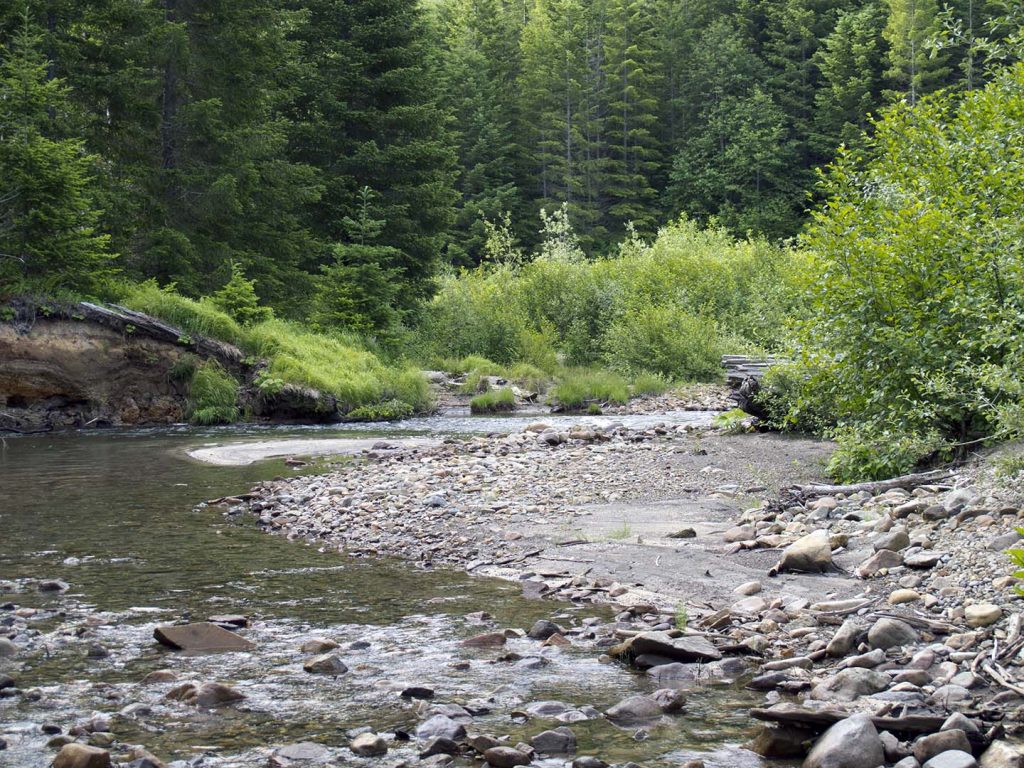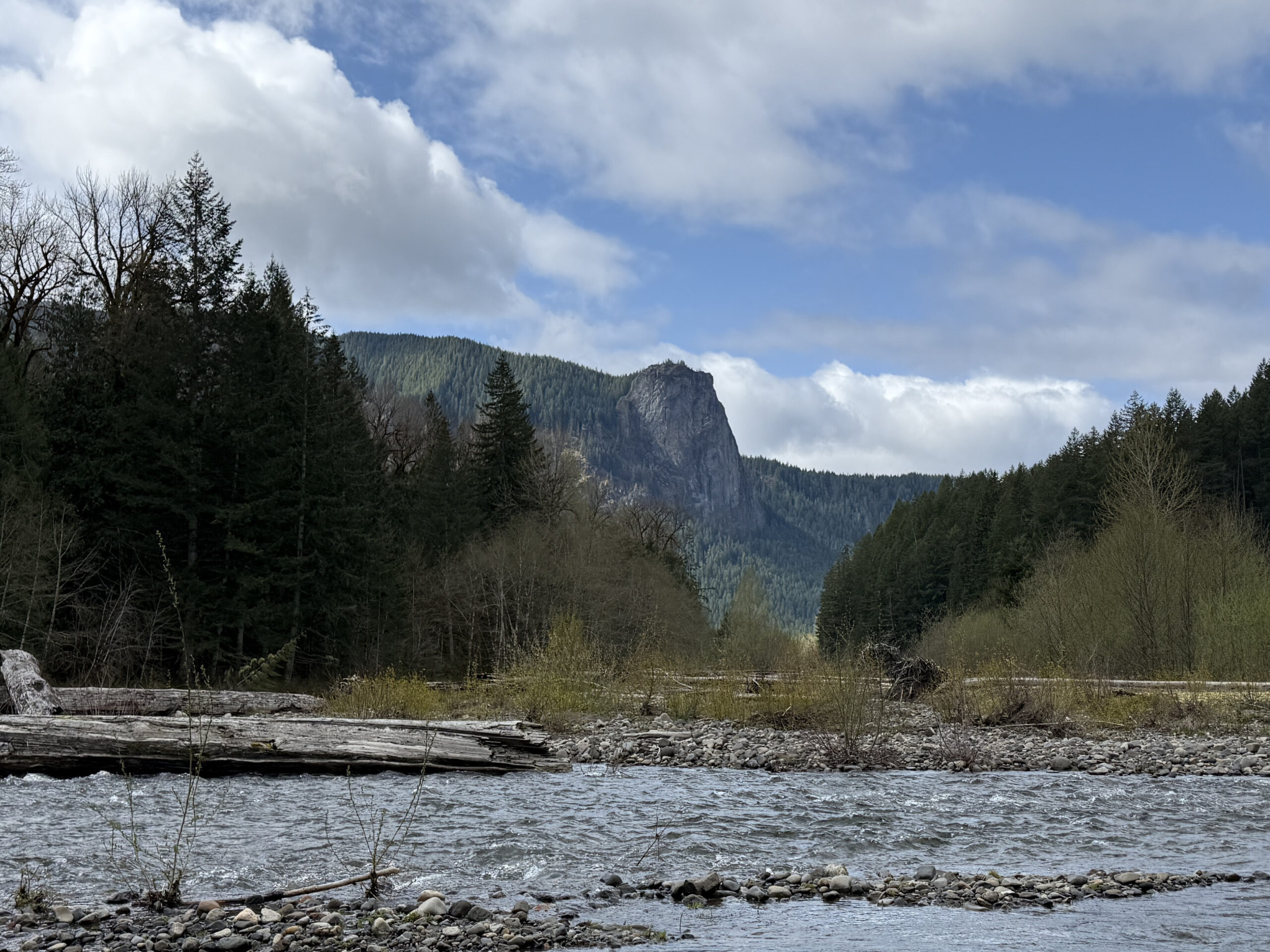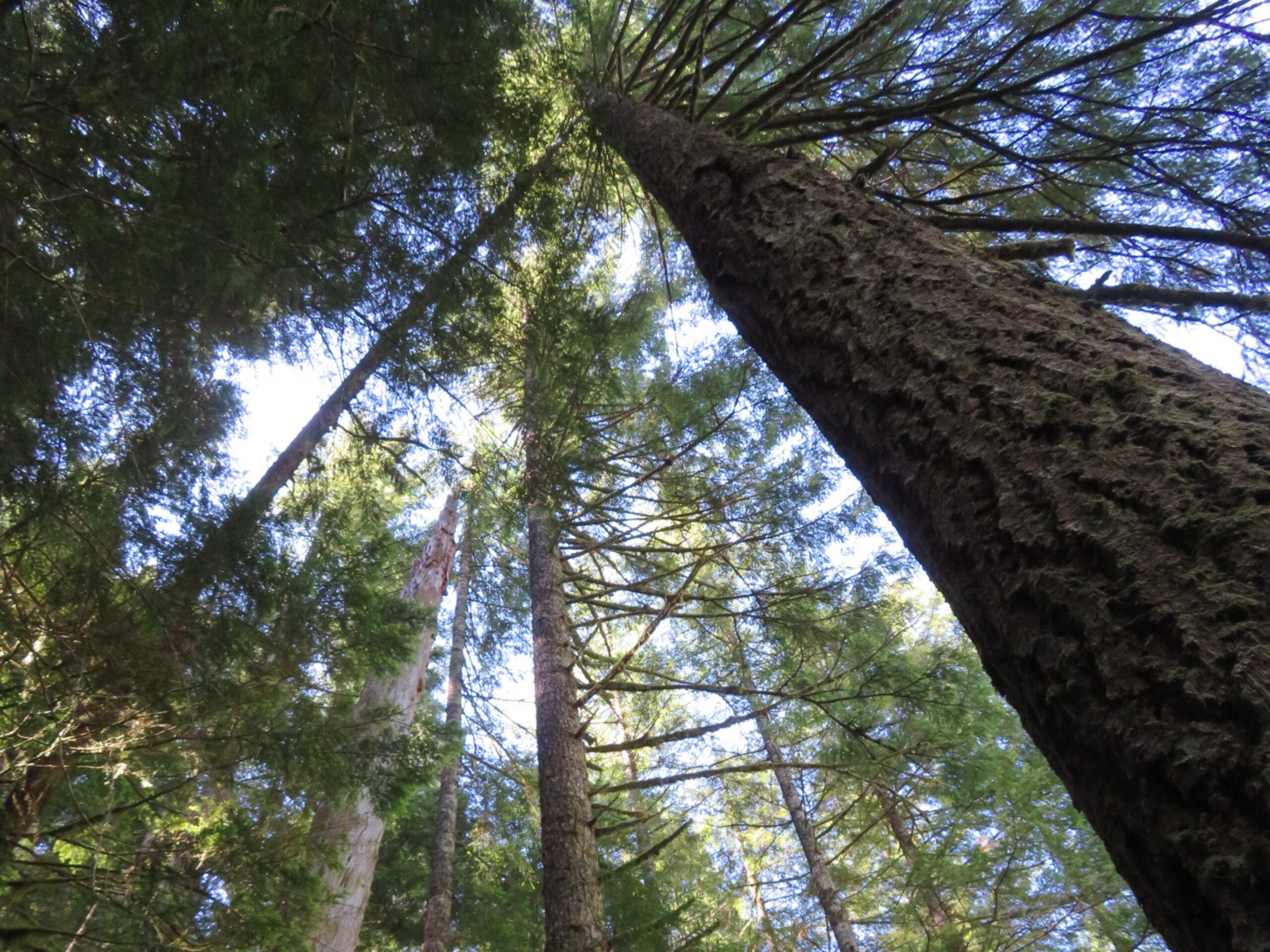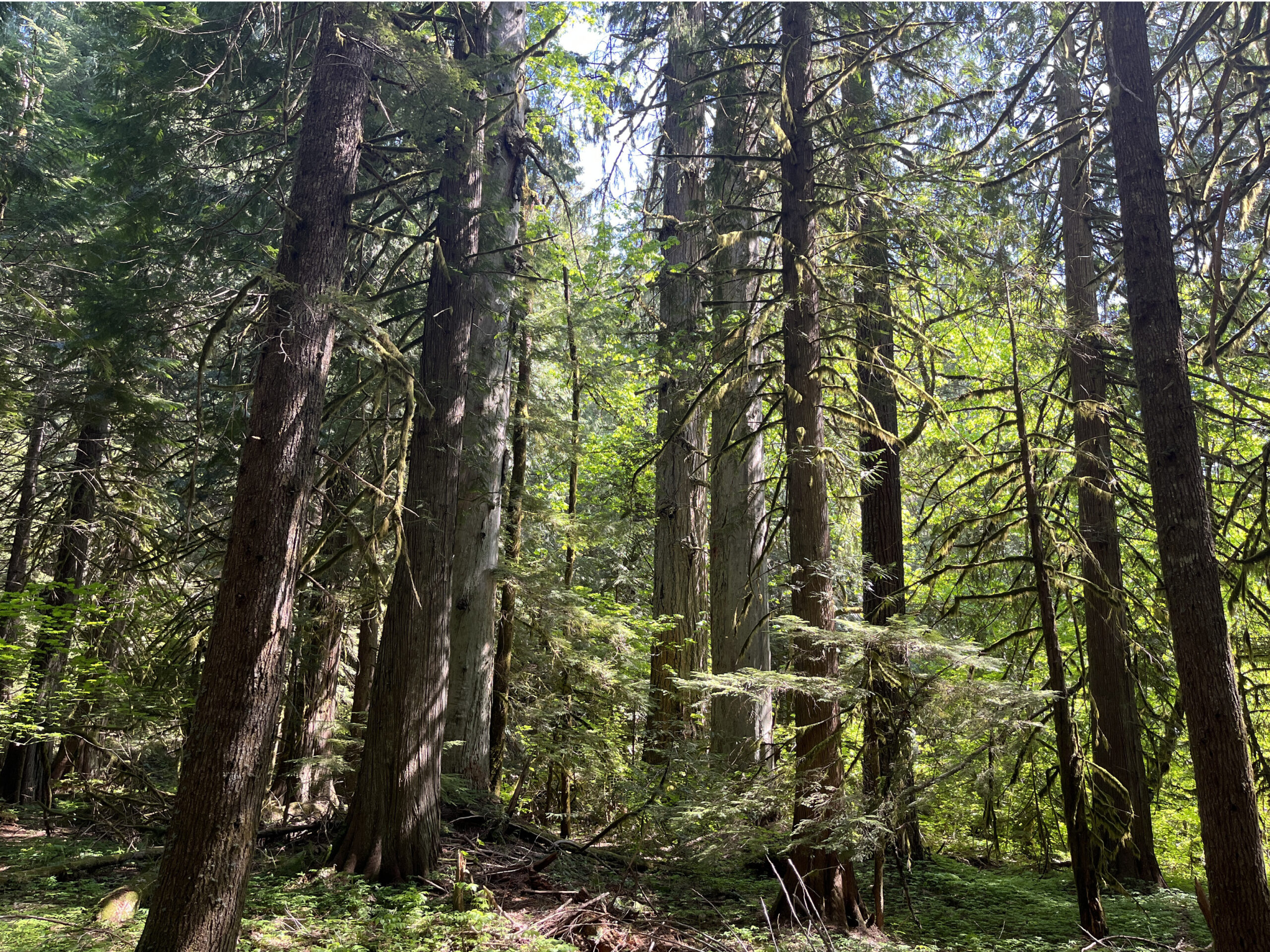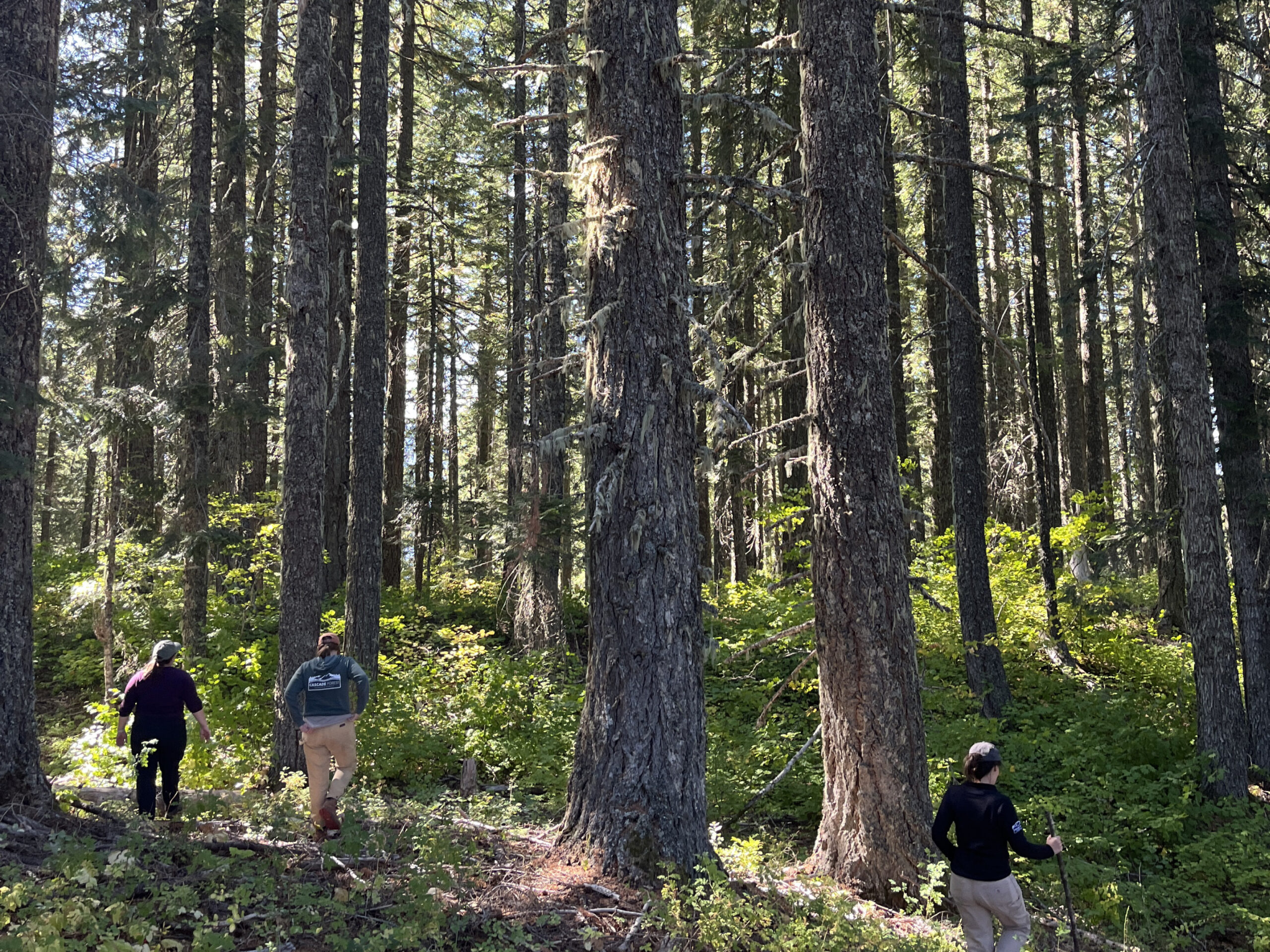March 5 2020
Despite the hard work of environmental groups, tribes, state agencies and dedicated volunteers, salmon and steelhead populations have declined or failed to show significant gains in Washington State during recent years. But today, in a bipartisan vote of 37–10, the Washington State Senate passed a bill that may help change that.
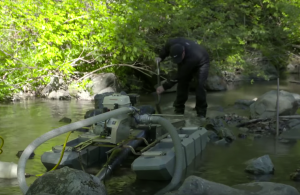
ESHB 1261, which had the support of the Cascade Forest Conservancy and more than 160 other businesses, faith-based organizations and nonprofits, will ban suction dredge mining in critical habitat for salmon, steelhead and bull trout across 11,000 miles of streams and rivers beds throughout the state.
Suction dredge mining is a recreational technique that uses gas-powered dredges to vacuum up rocks, sediment, gravel and from creek and riverbeds in search of gold or precious stones. A single suction dredge can move up to 17 cubic yards of gravel every hour. While miners have argued that the practice is harmless, scientific studies have shown that suction dredge mining degrades water quality and destroys important habitat for salmon, steelhead and endangered bull trout. Dredging a river or creek disrupts habitats, harms fish eggs and other animals, and releases sediment that makes streams shallower and warmer–bad conditions for spawning fish. Dredging can also stir up and release toxins and heavy metals trapped under streambeds.
Until now, Washington has been the only Western state to allow suction dredge mining without effective oversight, and as a result, had become a destination for recreational miners from across the region. The bill, which Governor Jay Inslee is expected to sign, will bring Washington’s laws closer to those in neighboring states. This is a big win for struggling fish populations, anglers, and all of us who want to keep the forest, streams and rivers in Washington’s Cascades healthy and wild for future generations.


